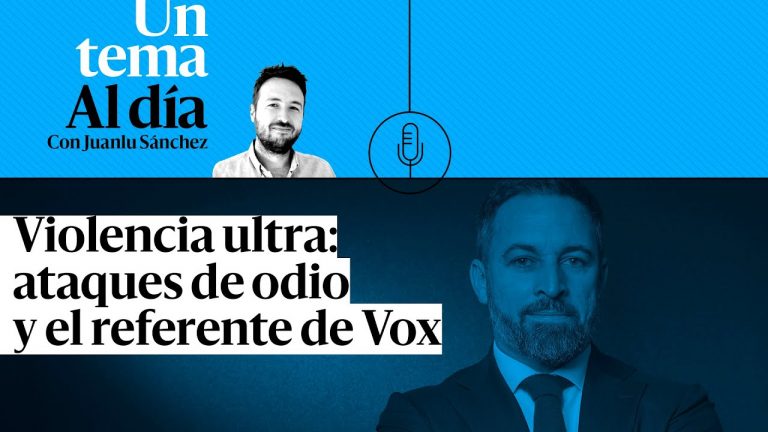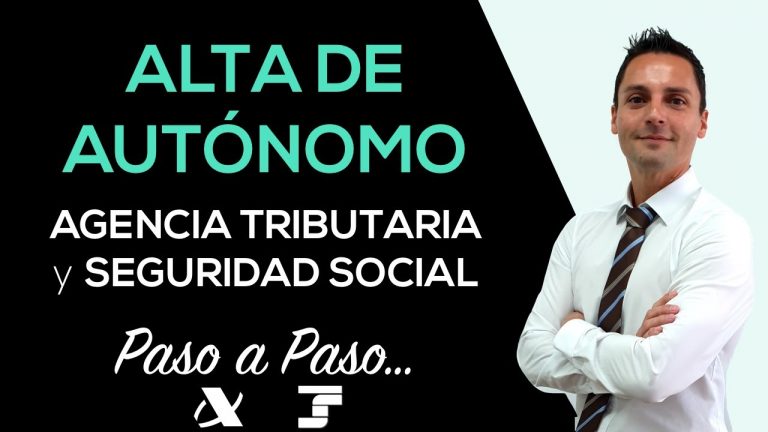Contenidos
El diario es comunidad valenciana
the confidential
The present Statute constitutes the manifestation of the autonomous will of the people of the Valencian provinces, after its pre-autonomous stage, to which it acceded by virtue of the Royal Decree-Law ten thousand nine hundred and seventy-eight, by which the Consell del País Valenciano was created.
3. The aim of the Valencian Community is to achieve self-government under the terms of this Statute, to strengthen democracy and to guarantee the participation of all citizens in the realization of its aims.
4. The Valencian Community, as a region of Europe, assumes the values of the European Union and shall ensure the fulfillment of its objectives and the defense of the rights of all European citizens.
3. The Valencian communities settled outside the Valencian Community shall have the right to request, as such, the recognition of their Valencianity, understood as the right to participate, collaborate and share the social and cultural life of the Valencian people. Without prejudice to the competences of the State, a Law of Les Corts will regulate the scope and content of this recognition to these communities.
infolibre
In 1931, rotogravure printing arrived: the pages were split in half, adopting the current format of the newspaper. In July 1936, with the outbreak of the Civil War, the newspaper was seized by the National Confederation of Labor (CNT) and the newspaper Fragua Social was published in its place. In 1939, the owners of Las Provincias regained control of the old newspaper, and it was published again.
Currently, the Vocento group owns the majority of the company Federico Domenech SA, publisher of the newspaper. The Zarranz Domenech family, historical owners of Las Provincias, and the media group share the management of the company.
the periodic
The risk assessment assigns for the transmission level, medium risk or alert 2, while at the hospital level the low risk level is maintained due to the effectiveness of vaccination. Given that the implementation of non-pharmacological measures is related to the overflow of the health system, especially hospital services, at this time these indicators should have more weight than the risk of transmission, therefore, we assign to the Comunitat a low risk level or alert 1″.
The text details that this measure is suitable in that it is the one that least affects the scope of fundamental rights and is presented as the best option to ensure the health of all people. The adoption of other more restrictive measures, such as closures or capacity limitations that have already been used in the past, it assures, have a more intense negative consequence on the fundamental rights affected, without losing sight of the negative economic consequences that they could entail.
the spanish
A few days ago, the director of Eldiario.es, Ignacio Escolar, reported the decision of the publisher of the medium, El Diario de Prensa Digital SL, to transform its membership model from the current membership to a paywall model with some peculiarities.
As of this week, readers who regularly read Eldiario.es -those who read more than 10 articles per month (excluding the front page and the associated local editions)- will have to be members to continue reading this digital newspaper.
However, the publisher leaves open the possibility for those who cannot pay (students, unemployed, workers in ERTE or those with low income) to have a reduced fee and choose the monthly payment they can afford, even 0 euros.
Readers who opt for a reduced fee will have access to Eldiario.es information and services, but not to some extra advantages such as the quarterly paper magazine, nor to see the web without advertising.
The digital media Eldiario.es and InfoLibre have reached an agreement to regularly elaborate contents such as investigations, reports or audiovisual pieces, which will be published in both media.







